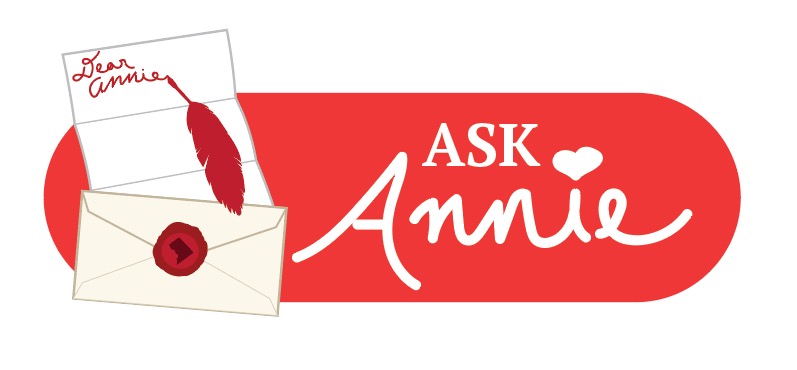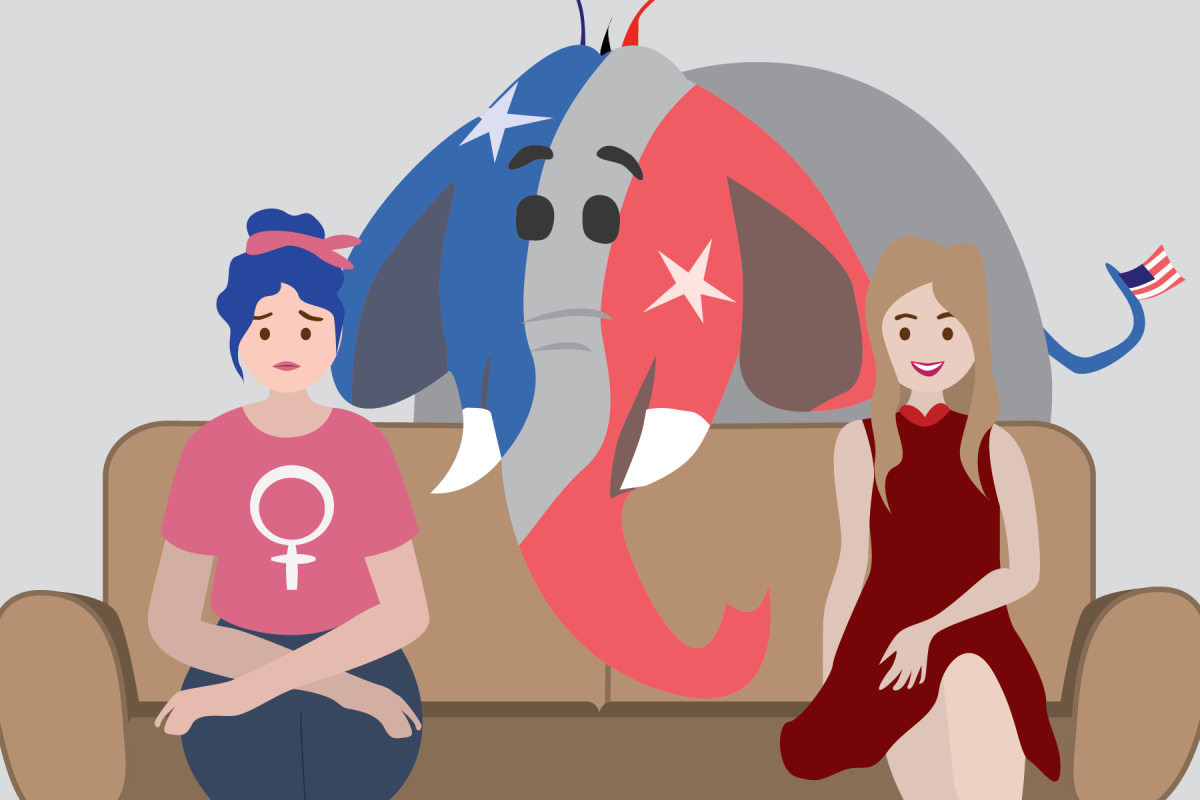Facing a problem? Annie has answers. Ask away!

Dear Annie,
I’m a senior and my ride-or-die BFF since my first week of classes in my first year has been the most amazing friend. She and I have the same interests and do everything together. We even talk about being each other’s maid of honor. I thought I couldn’t be closer but recently politics came up and she told me that she was voting for Donald Trump. I was so shocked I didn’t know what to say. As a progressive Democrat, I don’t think I can be friends with someone that is a Trump supporter. But at the same time, she’s my best friend. I guess I just assumed her politics lined up with mine. I want to talk to her about the future of our friendship but don’t know how to approach her about it. What do I do?
Help please,
Progressive Princess
Dear Progressive Princess,
When liberal comedy writer Liz Lemon — played by Tina Fey in her sitcom “30 Rock” — meets her new Republican boss Jack Donaghy, she doesn’t think they’ll ever be friends. While their political views lead them to disagree, in one instance debating over the 2012 presidential election, their mutual affection overpowers their differences, allowing them to have an unforgettable friendship.
You say you don’t think you could be friends with a Trump supporter, but you are already best friends with one. Her values haven’t changed — your knowledge of them has. As we get to know our friends more intimately and they share parts of themselves that they may only share with someone they trust deeply, there are more opportunities for them to impress or disappoint us. It’s up to you to decide which revelations about your friend you can tolerate and which are deal-breakers.
Before addressing the elephant in your friendship, ask yourself if politics has ever come up in your conversations. Given that we live in the nation’s capital and you describe yourself as a “progressive Democrat,” it feels unlikely that politics have never made an appearance. Did you ever mention the Supreme Court overturning Roe v. Wade during your first year at GW, or the never-ending drama in the House of Representatives? While these are political, they’re also happening in our city. These events are technically local news for us in the District.
If you’ve never discussed politics before, reflect on how deep the friendship was. Especially if who she supports for office is a relationship-defining issue for you, it was an oversight on your part not to test the waters of her beliefs. Is it possible that you’ve discussed politics, but she hasn’t been totally honest and you’ve worn rose-colored glasses?
Consider your motivations before having a conversation. Are you going to try to make her see the blue light? The chances of you getting your friend to change her mind 12 days before the election are slim. Will hearing why she’s voting for him help you move forward with your friendship, or will it progress to an ugly, moral battle? You shouldn’t ignore difficult conversations with your friends, but you shouldn’t push your viewpoint on them and make them feel bad. It’s important to remember to be true to yourself in all of this: as a progressive Democrat, ask yourself if a Trump supporter is someone you can be authentically you around and have respectful discussions with. Many of the issues on the ballot affect our lives. If discussing them will deeply upset you, now may not be the time to have the conversation.
If you can have a considerate, honest conversation with your friend, focus on your conflicted feelings rather than politics. Say you value your friendship, but your political differences have left you feeling unsettled. If she knows you’re voting blue and still wants to be friends, ask her how she’s reconciled your opposing political beliefs. See where both of your heads are and discuss the future from there.
As Liz Lemon said, “The human heart is not properly connected to the human brain.” You can love your friend even if you disagree with her morals — your existing relationship proves that. It appears that you’ve rarely, if at all, discussed your political values, so it may not be a foundational pillar of your friendship. If you feel capable of chalking this up to another difference in personality, you could go on smoothly. If you can’t overcome your political differences — and many people can’t — it may be time to dim the switch on your friendship, focusing on crafting a manageable relationship until it fades away or until you feel comfortable bringing her back into your close embrace.
Writing from the liberal media,
Annie




